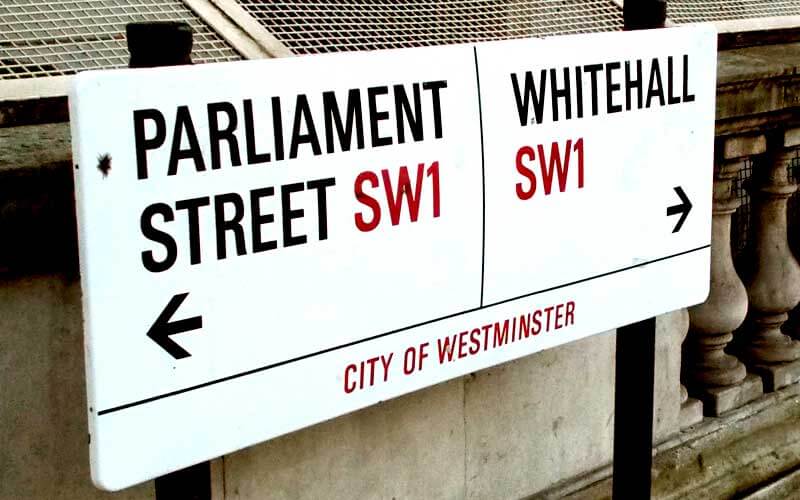Disabled activists have pledged to push for changes to the government’s new draft mental health bill because it is set to retain “fundamental human rights breaches”.
Health and social care secretary Sajid Javid this week published the draft bill, which he said was a “a significant moment in supporting people with serious mental health issues”.
The government says the legislation will “ensure greater choice and autonomy for patients in a mental health crisis”, address the disproportionate number of people of colour detained under the Mental Health Act, and improve the treatment of people with learning difficulties and autistic people, and of people with mental distress in the criminal justice system.
The draft bill, which applies to England and Wales and will reform the Mental Health Act 1983, will now be examined in detail by a parliamentary committee before the government publishes a final version.
It is too soon for disabled people’s organisations and grassroots groups to have carried out detailed analysis of the draft bill, but campaigners say it is already clear that it will not provide full human rights for people with a mental health diagnosis.
The draft bill is based on a white paper published in January 2021, and although many of last year’s proposals were welcomed, the white paper built on recommendations made by Sir Simon Wessely’s independent review of the Mental Health Act in 2018, which was criticised for falling “significantly short” of recommending full human rights for people in mental distress.
Dorothy Gould, founder of the user-led, rights-based organisation Liberation, said it was clear already that the draft bill “retains fundamental human rights breaches and that there are too many loopholes in proposed measures that have been seen as a step forward”.
She said that, despite proposed improvements to the Mental Health Act 1983, the draft bill would still significantly breach the UN Convention on the Rights of Persons with Disabilities (CRPD).
And she said it was “way out of date with other exciting international developments”, such as the recent call from the World Health Organization to implement the steps needed if there is to be an end to “coercive practices such as forced admission and forced treatment”, and for mental healthcare to be “grounded in a human rights-based approach” and “located in the community”.
Liberation was set up to promote the UN convention and has taken the lead among disabled people’s organisations that are supporting its work to campaign against “fundamental human rights flaws in Mental Health Act reform”.
It is also working with people with learning difficulties on their concerns about the reforms.
Mental health charities have so far welcomed the draft bill as a replacement for the “unbalanced and outdated” Mental Health Act, but stressed that it will need parliamentary scrutiny.
But there do not appear to have been any concerns raised this week by charities or MPs about the failure of the draft bill to meet the UK’s obligations under the CRPD.
A note from the editor:
Please consider making a voluntary financial contribution to support the work of DNS and allow it to continue producing independent, carefully-researched news stories that focus on the lives and rights of disabled people and their user-led organisations.
Please do not contribute if you cannot afford to do so, and please note that DNS is not a charity. It is run and owned by disabled journalist John Pring and has been from its launch in April 2009.
Thank you for anything you can do to support the work of DNS…

 Two terminally-ill women to complain to UN over passage of assisted dying bill through parliament
Two terminally-ill women to complain to UN over passage of assisted dying bill through parliament Ministers could face legal action over ‘homes not hospitals’ failure after treating activists ‘with utter contempt’
Ministers could face legal action over ‘homes not hospitals’ failure after treating activists ‘with utter contempt’ Activists will protest over government’s refusal to engage with ‘deep-rooted’ mental health bill concerns
Activists will protest over government’s refusal to engage with ‘deep-rooted’ mental health bill concerns